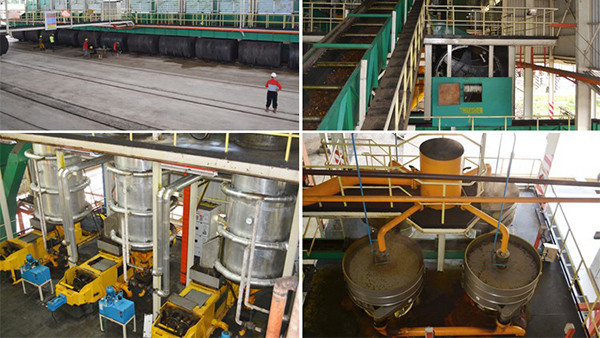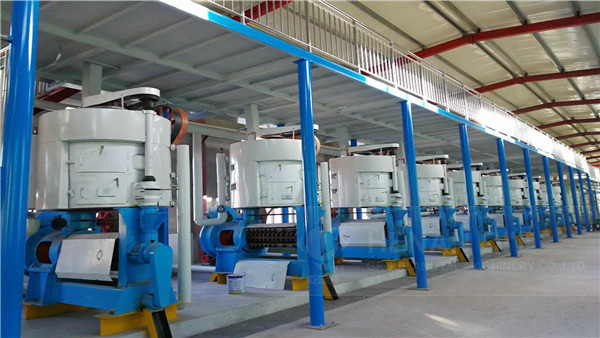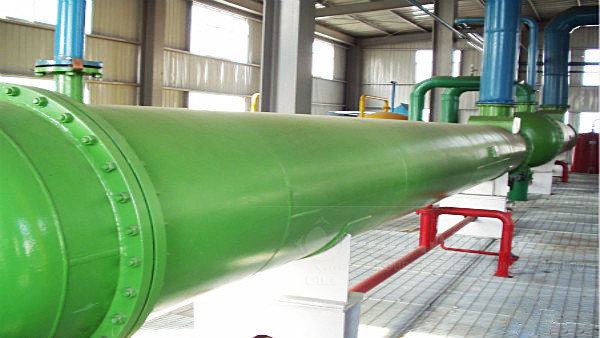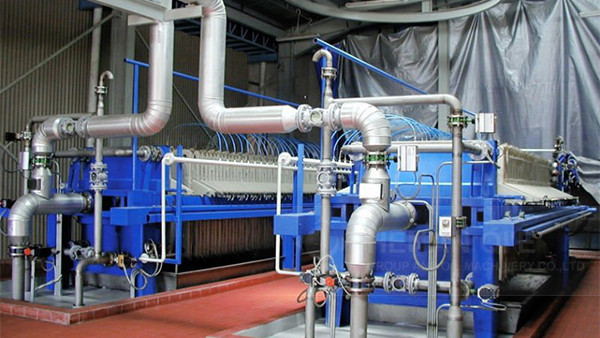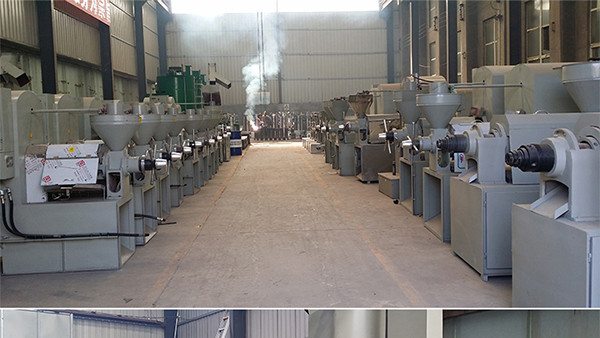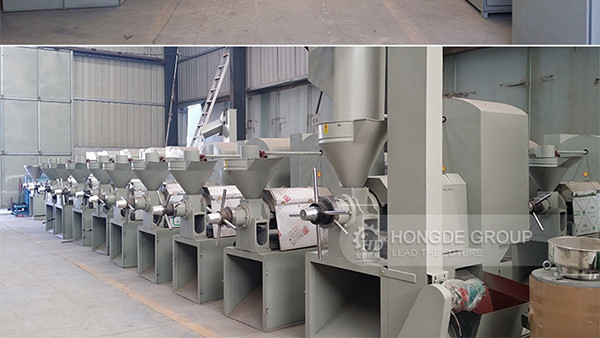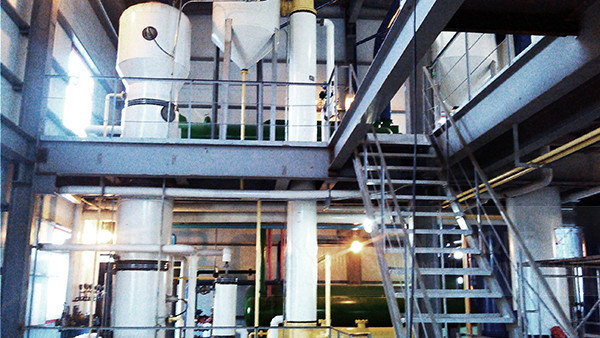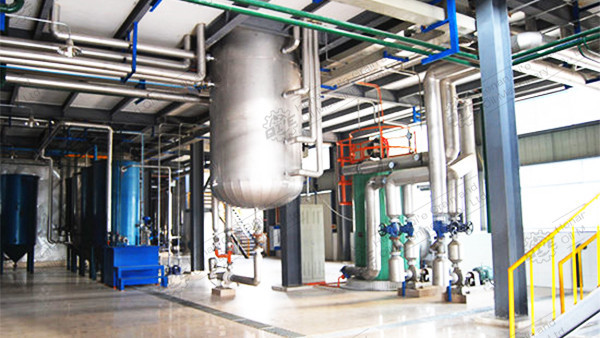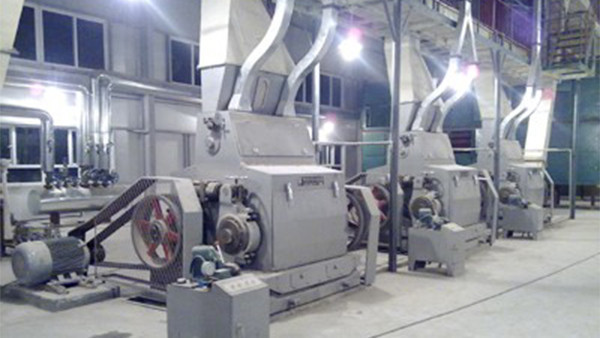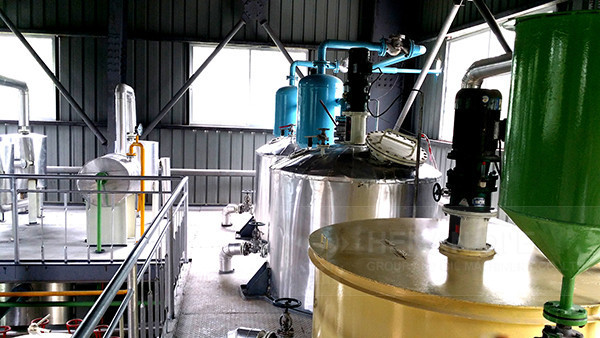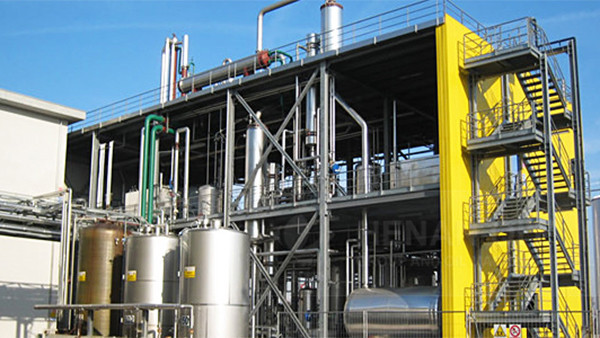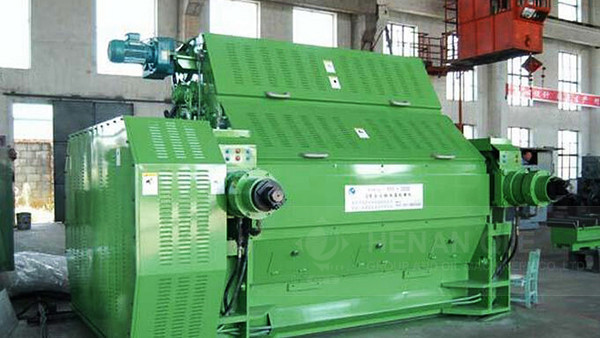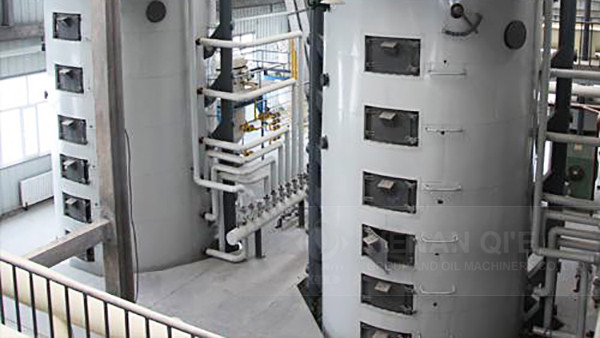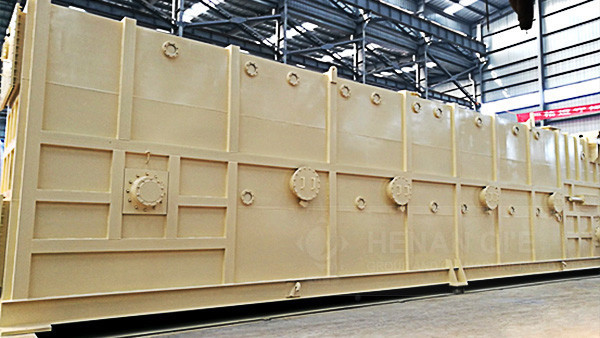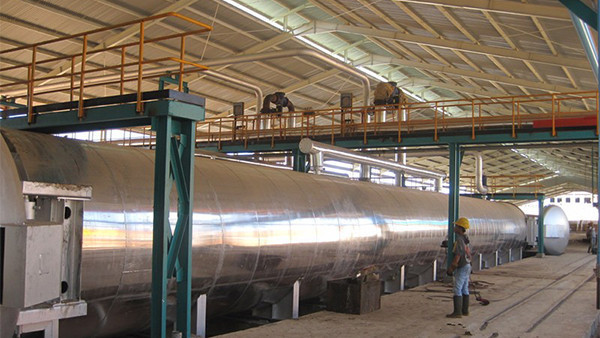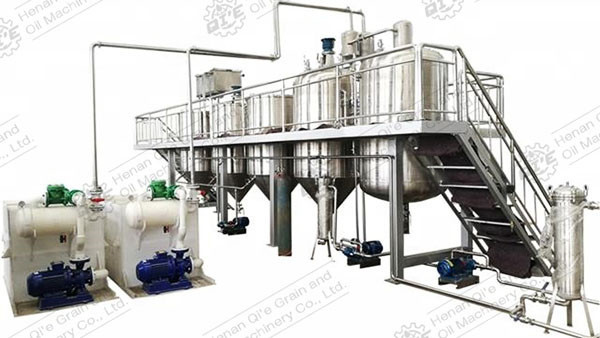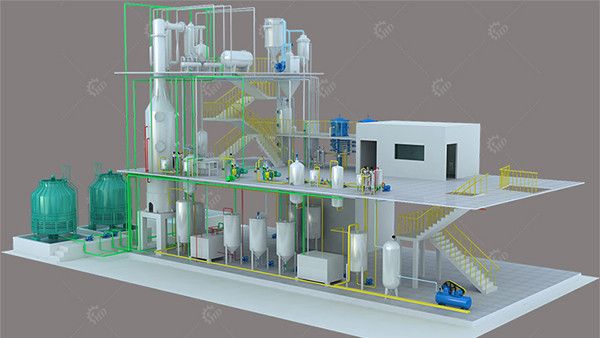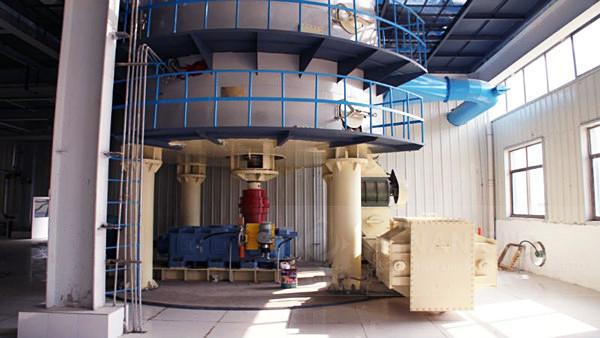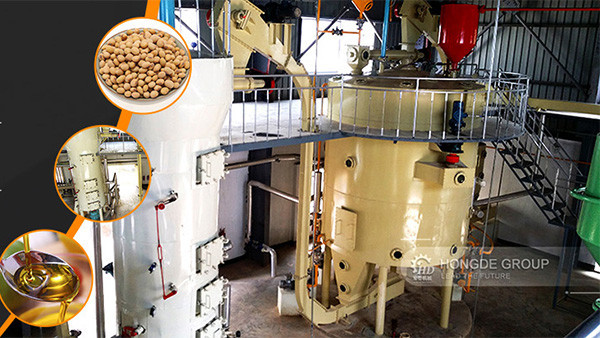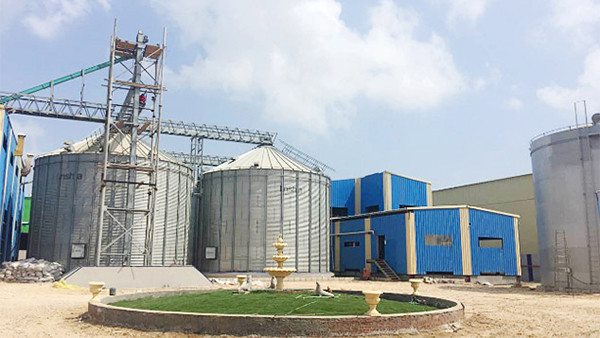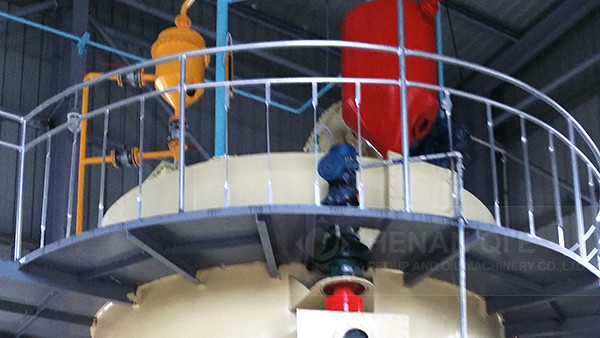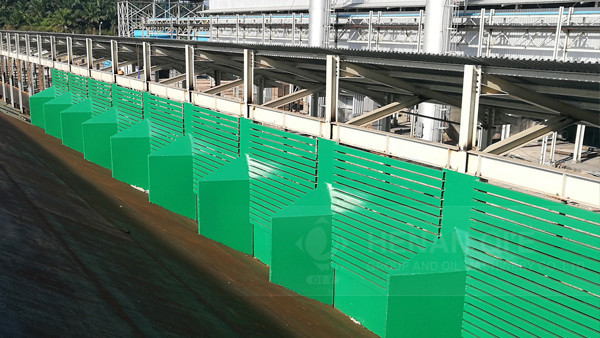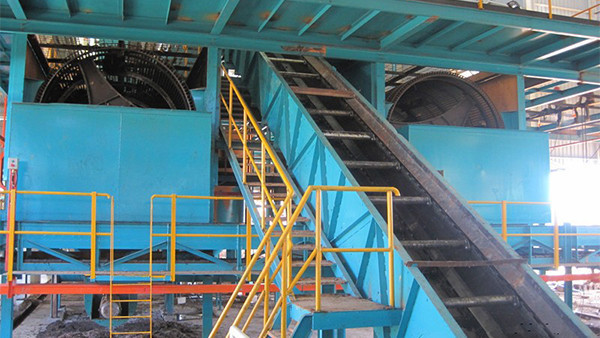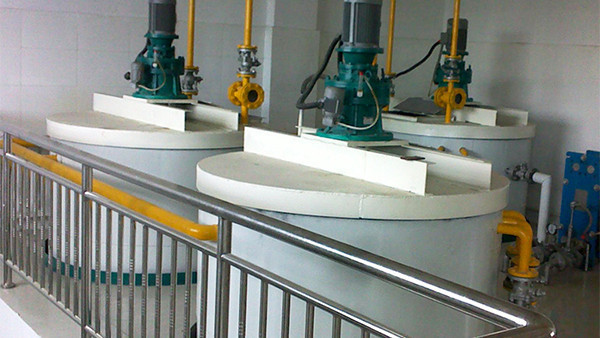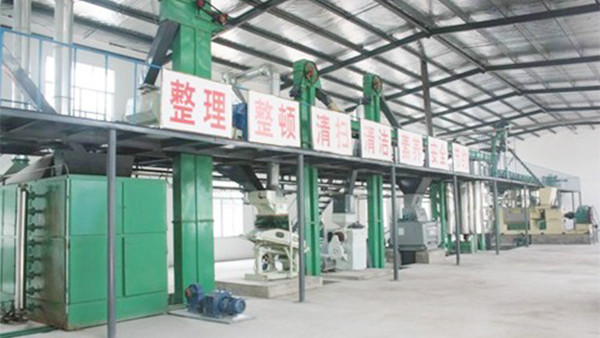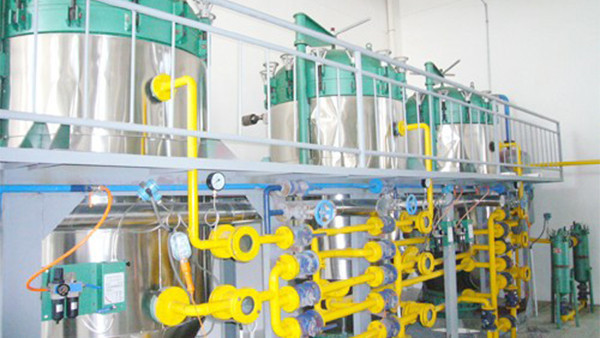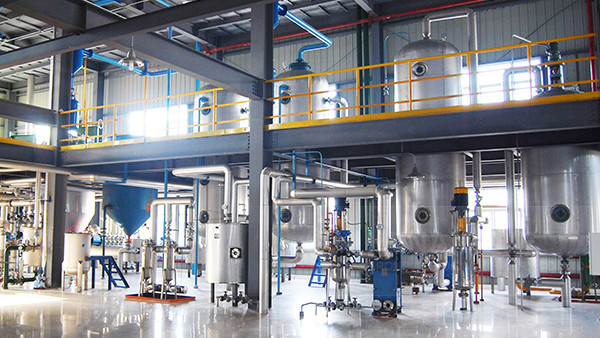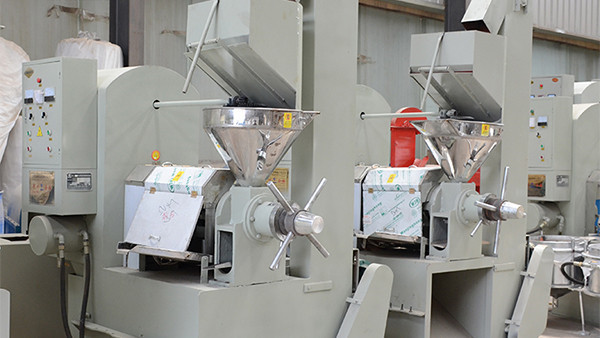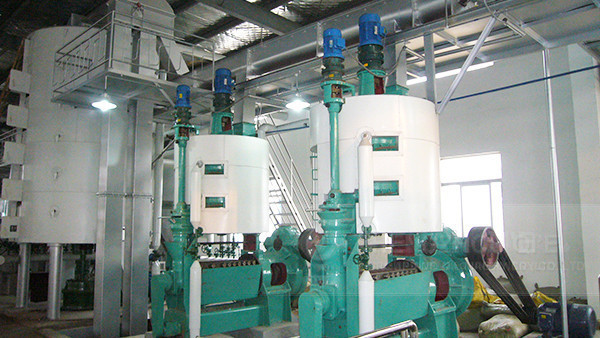
(PDF) Extraction Processes of Virgin Coconut Oil
In wet method, oil is extracted. through coconut milk by heating and non-heating processes. In heating process, oil is extracted by dir ect heating of coconut. milk whereas in non-heating process
Get Inquiry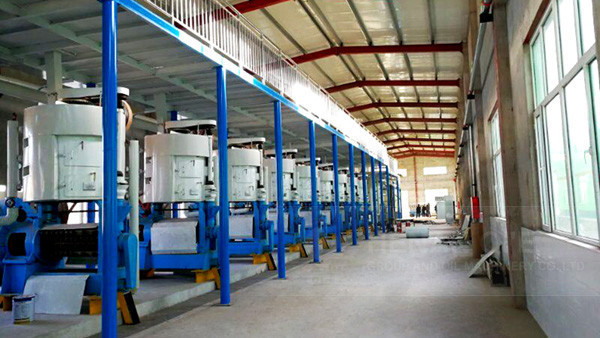
Sustainability Issues of the Coconut Supply Chain in Indonesia
In the past, Malaysia¡¯s coconut sector faced several difficulties and upheavals related to the economy. However, as a result of the EU¡¯s decision to oppose the cultivation of palm oil due to
Get Inquiry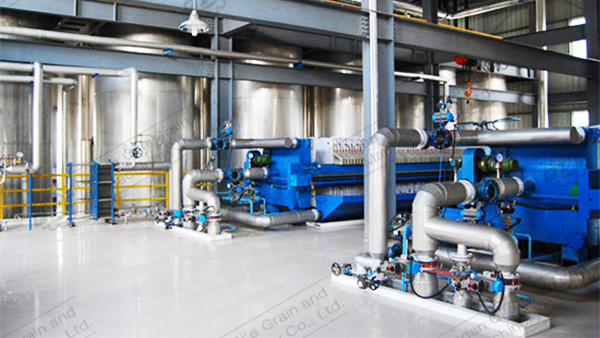
Coconut Oil: Chemistry, Production and Its Applications - A
C oconut oil is produced by crushing copra, the dried kernel, which contains about 60-65% of the oil. The oil has the natural sweet taste of coconut and contains 92% of saturated fatty acids(in
Get Inquiry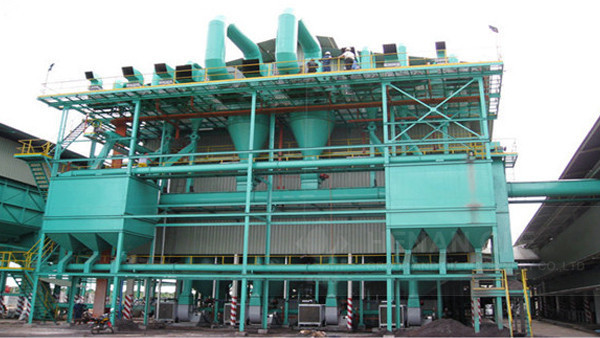
CMA Exports ¨C Coconut Copra Exporters in India |Dry Coconut
Coconut Copra. Copra is the dried meat or kernel of the coconut, coconut oil is extracted from copra, making it an important agricultural commodity for many coconut-producing countries. It also yields de-fatted coconut cake after oil extraction, which is mainly used as feed for livestock. As from past 25 years we are supplying copra throughout
Get Inquiry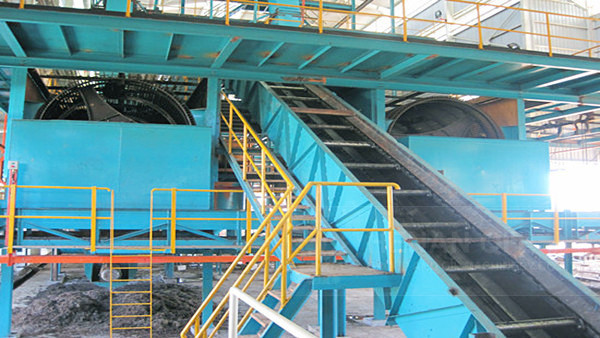
Grape (Vitis vinifera L.) Seed Oil: A Functional Food
3.1. Grape Seed Oil: Extraction Processes. Grape seed oil has been extracted for many years using organic solvents, usually hexane (Soxhlet method), or pressing mechanical techniques. Solvent extraction is the more expensive method as it requires a purification final step due to the toxicity of the hexane and because it removes pigments and
Get Inquiry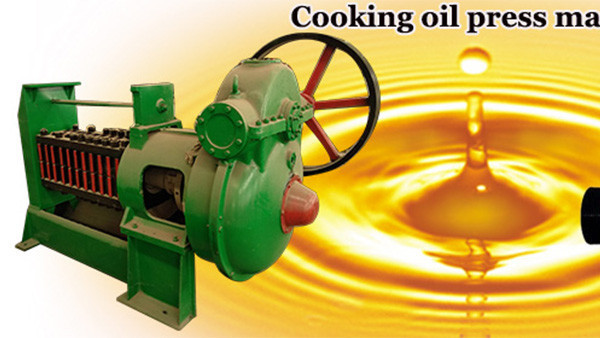
Coconut Oil: Chemistry, Production and Its Applications - A
C oconut oil is produced by. crushing copra, the dried. kernel, which contains about 60-. 65% of the oil. The oil has the natural. sweet taste of coconut and contains. 92% of saturated fatty acids
Get Inquiry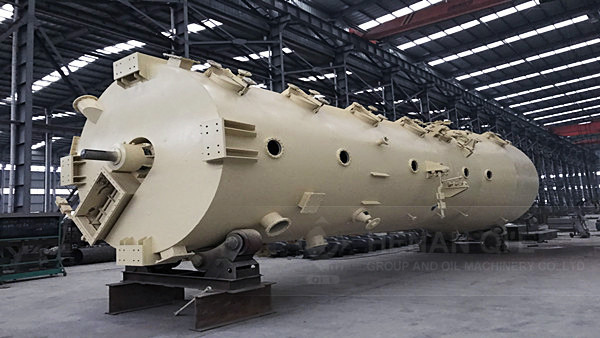
Copra or Coconut Oil: Production, Specification and Applications
Processing dry copra through expellers generally offers about 60% yield (as high as 70%) of coconut oil based of dry weight. About 30 to 40% is oil cake. Typically, one thousand mature coconuts weigh about 1440 kg and yield about 170 kg of copra from which around 70 lit of coconut oil can be extracted.
Get Inquiry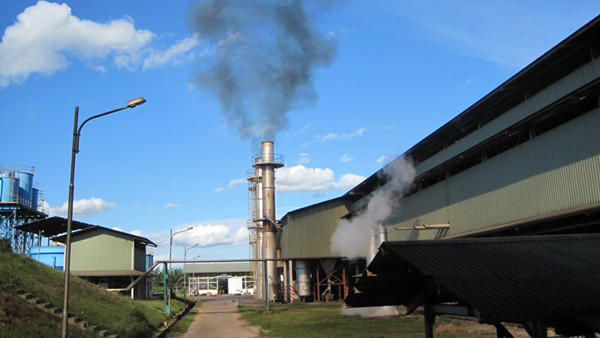
Does Coconut Oil Go Bad After Expiration Date? How To Tell
Under ideal circumstances, its quality should retain until this date and possibly longer. Similar to other foods, coconut oil won¡¯t go bad instantly after this date has passed. Unopened bottles are likely consumable for the next several months after the recommended, provided that the package is not damaged.
Get Inquiry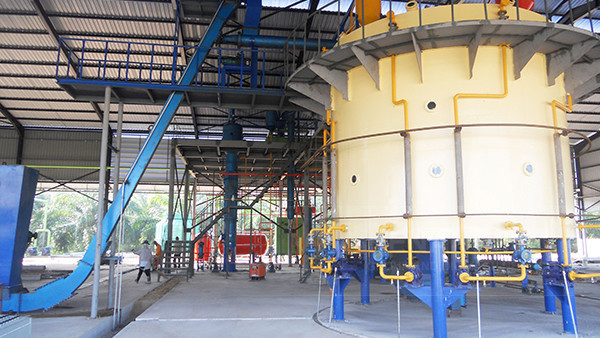
How Coconut Oil is Made: The Ultimate Guide - Virginutty
When using fermentation methods, water is added at this stage. The coconut shreds are placed into a large mesh bag, which is then placed into an expeller. Using the expeller to extract raw, virgin coconut oil. After grinding the coconut down, a cold press expeller is used to extract oil from the coconut meat.
Get Inquiry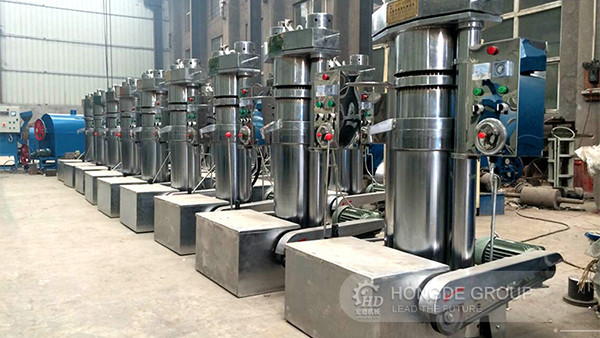
Extraction Methods of Virgin Coconut Oil and Palm©pressed Mesocarp Oil
2 COCONUT OIL AND VIRGIN COCONUT OIL. RBD CO or copra oil and VCO are extracted from the kernel of coconuts (Cocos nucifera L.). Coconut trees belongs to the family Arecaceae and is well known for its hundred uses with limitless application throughout the world, such as sources of timber, fiber and biofuel.
Get Inquiry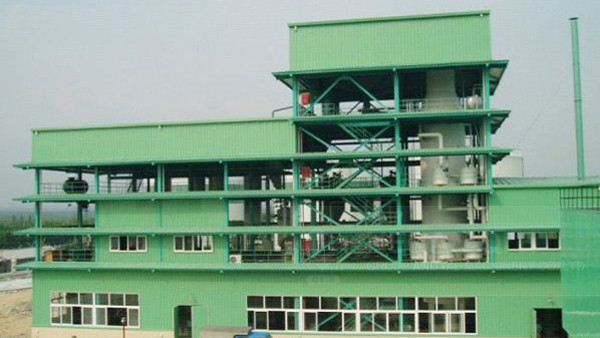
Virgin Coconut Oil: Extraction, Physicochemical Properties, Biological
Coconut oil, known as minyak kelapa in Indonesia and Malaysia, is one of edible oils obtained from the extraction of coconut kernel in the mature stage using either mechanical or thermal processing. Because of the high saturated fatty acid and fat contents, coconut oil is resistant to oxidative modi?cations, which make them suitable for
Get Inquiry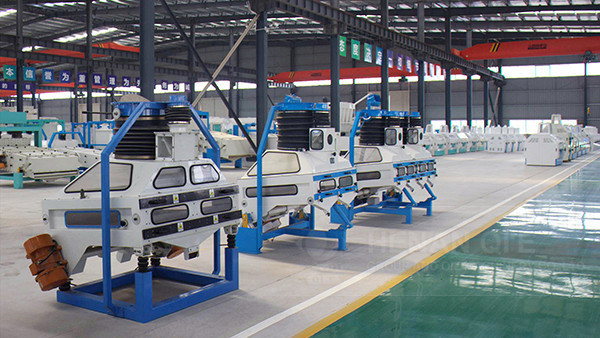
Coconut Oil
Coconut oil is a source of many oleo chemicals such as fatty acids, methyl esters, and fatty alcohol. For cooking and toiletry purposes, it is commonly used in the form of filtered coconut oil. Virgin coconut oil, which is a high-quality oil, is prepared from the milk extracted from the raw kernel.
Get Inquiry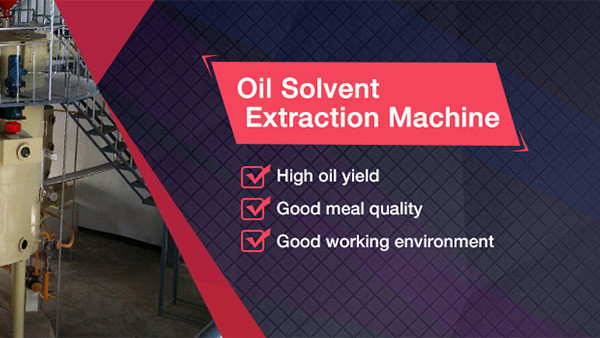
Comparative Study of Coconut Oil Extraction Method - OilCocos
Cold pressing and hot extraction represent two contemporary coconut oil extraction methods that prioritize different aspects: quality and yield respectively. The cold pressing method involves pressing the coconut meat, also known as copra, in a steel press where the temperature is controlled to not exceed 120¡ãF (49¡ãC).
Get Inquiry
Coconut (Cocos nucifera) - ScienceDirect
Coconut oil produced by crushing copra is edible and has been consumed in tropical countries for thousands of years. World coconut oil production has been increasing over the past decade mainly because of greater global demand for the important characteristics of coconut oil. Consumption of coconut oil is now estimated at 3.5 MT/annum.
Get Inquiry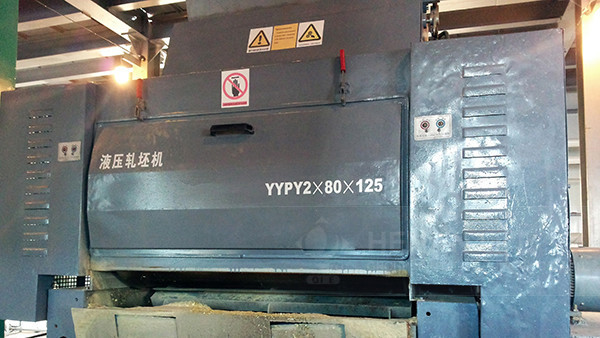
A comprehensive review on the techniques for coconut oil extraction
Based on the research conducted by Wong in year 2010, a combination of microwave and centrifugation can be used to increase the yield of coconut oil extracted. At a microwave power of 720 W and a centrifugation speed of 12,000 rpm and a centrifugation time of 105 min, the yield of coconut oil extracted is at 46.88%.
Get Inquiry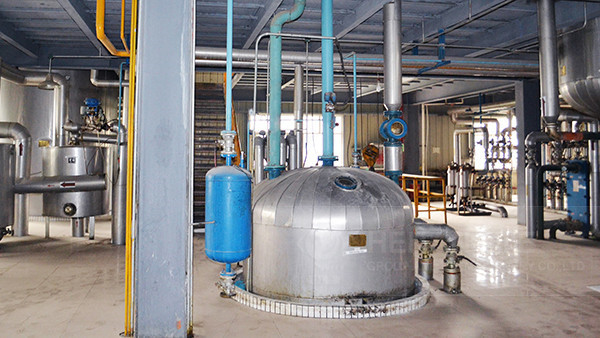
The Extraction, Purification, and the Recent Applications of Coconut
Coconut oil has the main fatty acid composition of medium-chain fatty acids (MCFAs) in the form of lauric acid (¡À 50%). Coconut oil can be extracted through wet extraction and dry extraction methods.
Get Inquiry
Coconut Oil
Coconut oil is a mainstream edible oil that is extracted from the kernel of mature coconuts harvested from the coconut palm. The two main types of coconut-derived oils, coconut oil and virgin coconut oil, have similar fatty acid profiles; however the latter contains higher amounts of nutrients (e.g., vitamin E) and dietary bioactive compounds like polyphenols ( Wallace, 2019 ).
Get Inquiry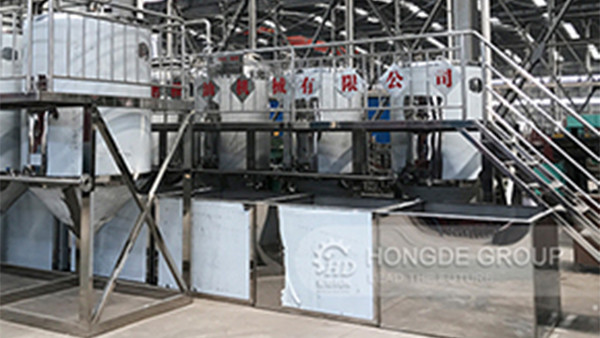
How Coconut Oil Is Made: The Ultimate Guide - Virginutty
When using fermentation methods, water is added at this stage. The coconut shreds are placed into a large mesh bag, which is then placed into an expeller. Using the expeller to extract raw, virgin coconut oil. After grinding the coconut down, a cold press expeller is used to extract oil from the coconut meat.
Get Inquiry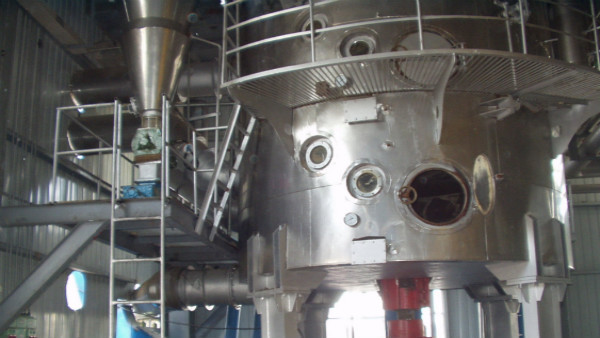
Cocos nucifera (L.) (Arecaceae): A phytochemical and pharmacological
In Fiji, coconut oil is used to prevent hair loss and coconut water is used to treat renal disease . In Ghana, people use coconut milk to treat diarrhea ( 11 ). In Guatemala, the husk fiber extract is used as an antipyretic, to reduce renal inflammation, and as a topic ointment for dermatitis, abscesses, and injuries ( 12 ).
Get Inquiry
